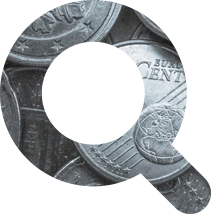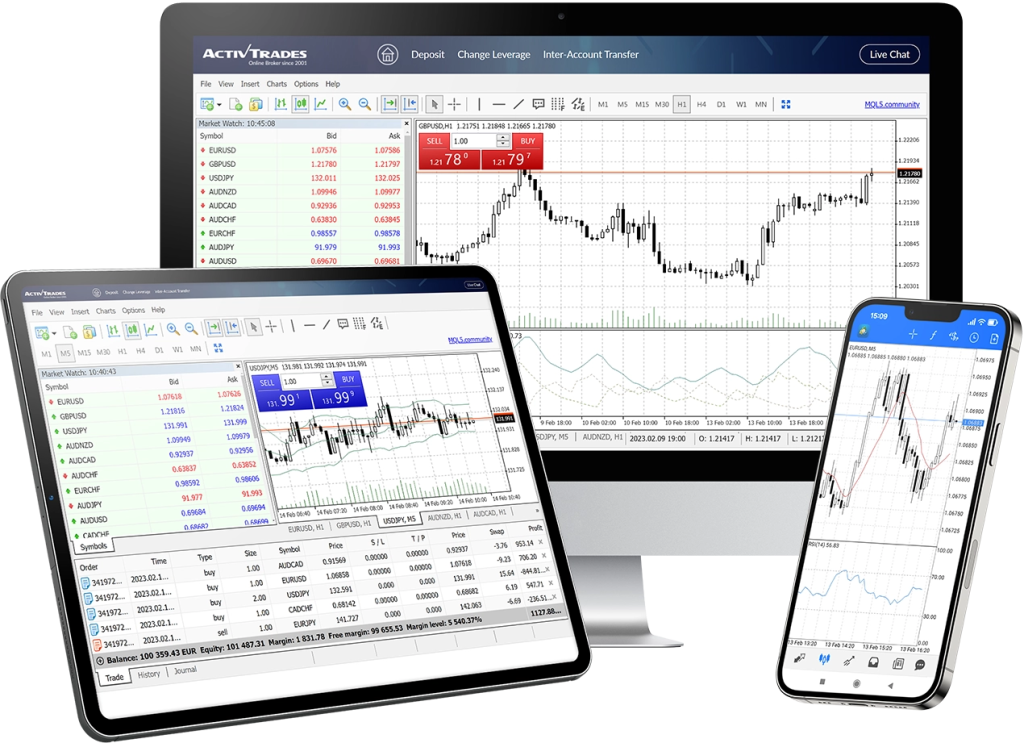Trade fractional shares
No mark-ups, no hidden fees
Receive dividend payments on long positions
Additional insurance to protect your capital
With customer satisfaction rate over 95%
Over 93.6% of orders filled at requested price or better


Trade shares easily and affordably with no hidden fees or markups.

No Trading Fees with 1:1 Leverage
Choose the New investor profile and enjoy no commission and no swaps on all shares or opt for leveraged shares trading, our standard fees apply.

Dividends are paid if the position is long, whereas the equivalent will be charged if the trader holds a short position.

Our CFDs on the Italian index (Ita40) and all Italian shares are subject to the Tobin Tax, according to the Italian legislation.
Trade forex on our exclusive next generation trading platform


| EURUSD | GBPUSD |
| USDJPY | and more |

| EURUSD | GBPUSD |
| USDJPY | and more |

| EURUSD | GBPUSD |
| USDJPY | and more |

| EURUSD | GBPUSD |
| USDJPY | and more |

| EURUSD | GBPUSD |
| USDJPY | and more |

| EURUSD | GBPUSD |
| USDJPY | and more |

| EURUSD | GBPUSD |
| USDJPY | and more |
Broadly speaking, there are two main types of market analysis, technical and fundamental.
Technical analysis is simply the study of price action on the chart. Technical analysts do not concern themselves with geopolitical news, economic data, or anything else other than what the chart itself says.
Fundamental analysis does differ between asset classes because you’re dealing with the fundamentals of supply and demand, as well as the economic inputs and broader conditions that influence a specific asset’s value. For FX this may be interest rates and other economic data, for crude oil it tends to be inventories and new wells. In the case of shares, traders pore over the financial statements of the companies they are trading, which those companies are obliged to provide.
When a company wants to raise capital, usually to take its operations to the next level, its directors may opt to “go public,” which is also known as holding an IPO, or initial public offering. This involves selling shares in the company to public investors. Once these shares are floated on public stock markets, they are available for all registered traders to buy and sell.
A stock, or a share, is essentially just a small fraction of a company. So, if a company only issues 100 shares and you purchase ten of them, then you own 10% of the company. This is a simplified example.
Now, depending on the stock in question, holding shares can entitle holders to a dividend payment, as well as a voting say in board meetings (proportional to the amount of stock that is owned). Most traders, however, are more interested in trading the price swings rather than holding for long periods.
The stock market is enormously important to the countries’ economies all around the world and has been massively influential in the development of trading itself. Contrary to popular belief, much of technical analysis, which is the study of chart patterns and how market cycles and trader sentiment are reflected in chart price action, was pioneered by stock traders.
Unlike FX, stocks don’t trade around the clock during the working week. They usually trade throughout the business day of the region they’re listed in. This is because there aren’t usually markets in other countries offering the same stocks throughout the day as in the case of Forex (Asian/European/North American sessions).
This means that there are long periods in each day, and also over the weekend, where no trading activity is taking place. Now, even though the stock market may be closed, this doesn’t mean there’s no new information coming out that will change investors’ beliefs or appetites for risk. These changes in outlook and sentiment are the main reasons for market gaps.
A market gap will occur when the stock reopens for trading and the market is struggling to price-in the developments that have taken place since the last time that market was live.